Focal area: Research
-
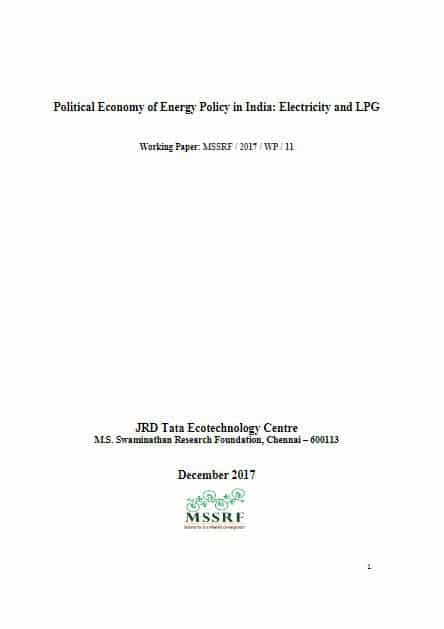
Political Economy of Energy Policy in India: Electricity and LPG
-
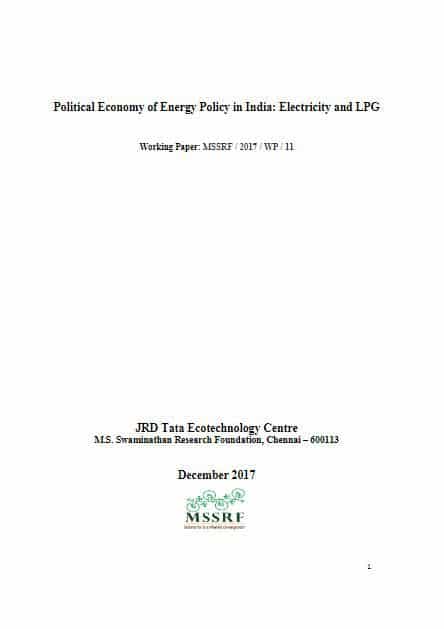
The Political Economy of Energy Policy in South Africa: From a Gender Agenda to a ClassProject
-
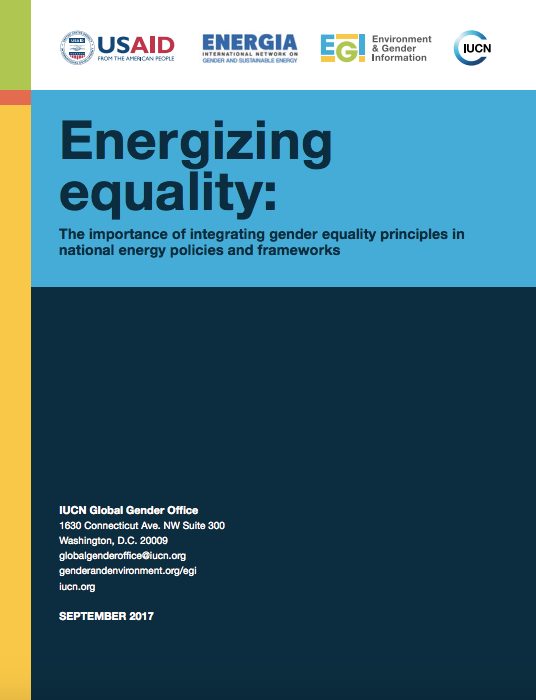
Energizing equality: The importance of integrating gender equality principles in national energy policies and frameworks
-
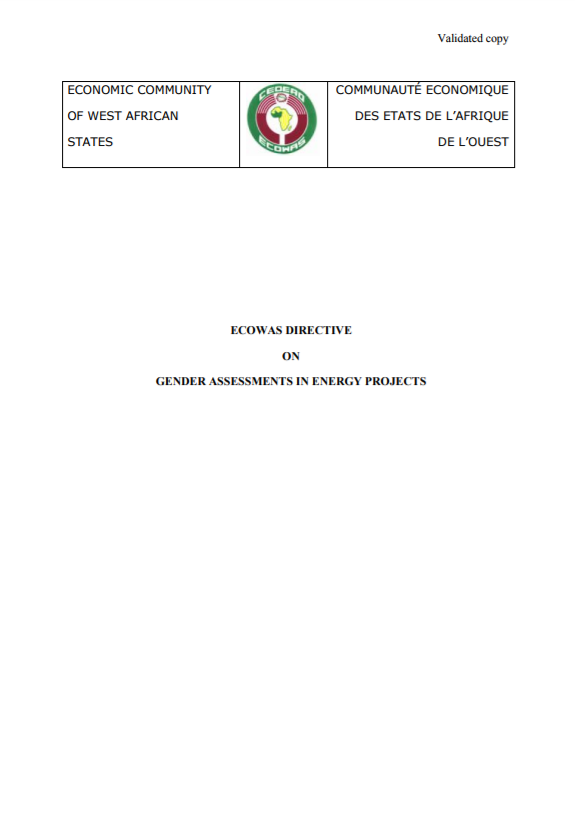
ECOWAS directive on gender assessments in energy projects
-
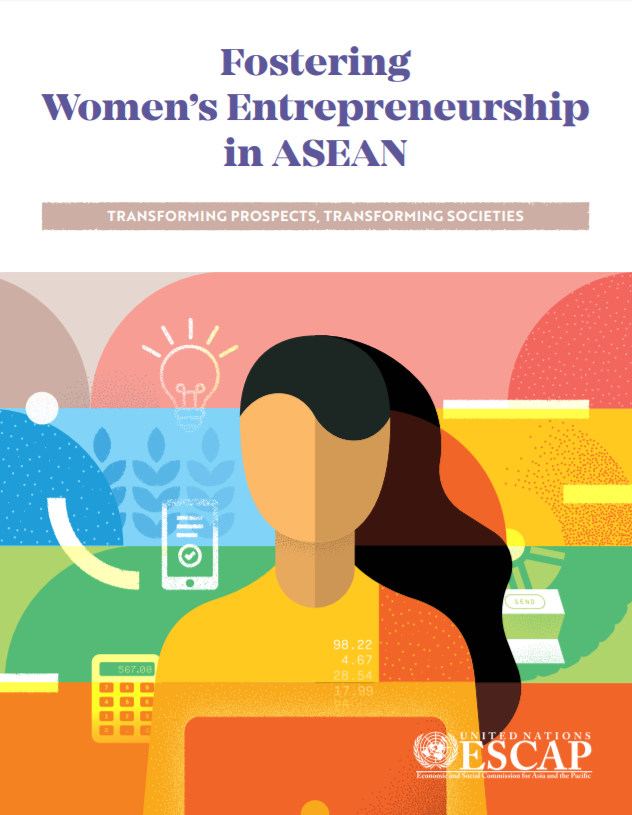
Fostering women’s entrepreneurship in ASEAN
In its recent publication “Fostering Women’s Entrepreneurship in ASEAN: Transforming Prospects, Transforming Societies” the United Nations Economic and Social Commission for Asia and the Pacific (ESCAP) proposes critical actions that can be taken by ASEAN Governments to address the particular constraints facing women entrepreneurs. Those actions are foreseen to be taken in conjunction with other…
-
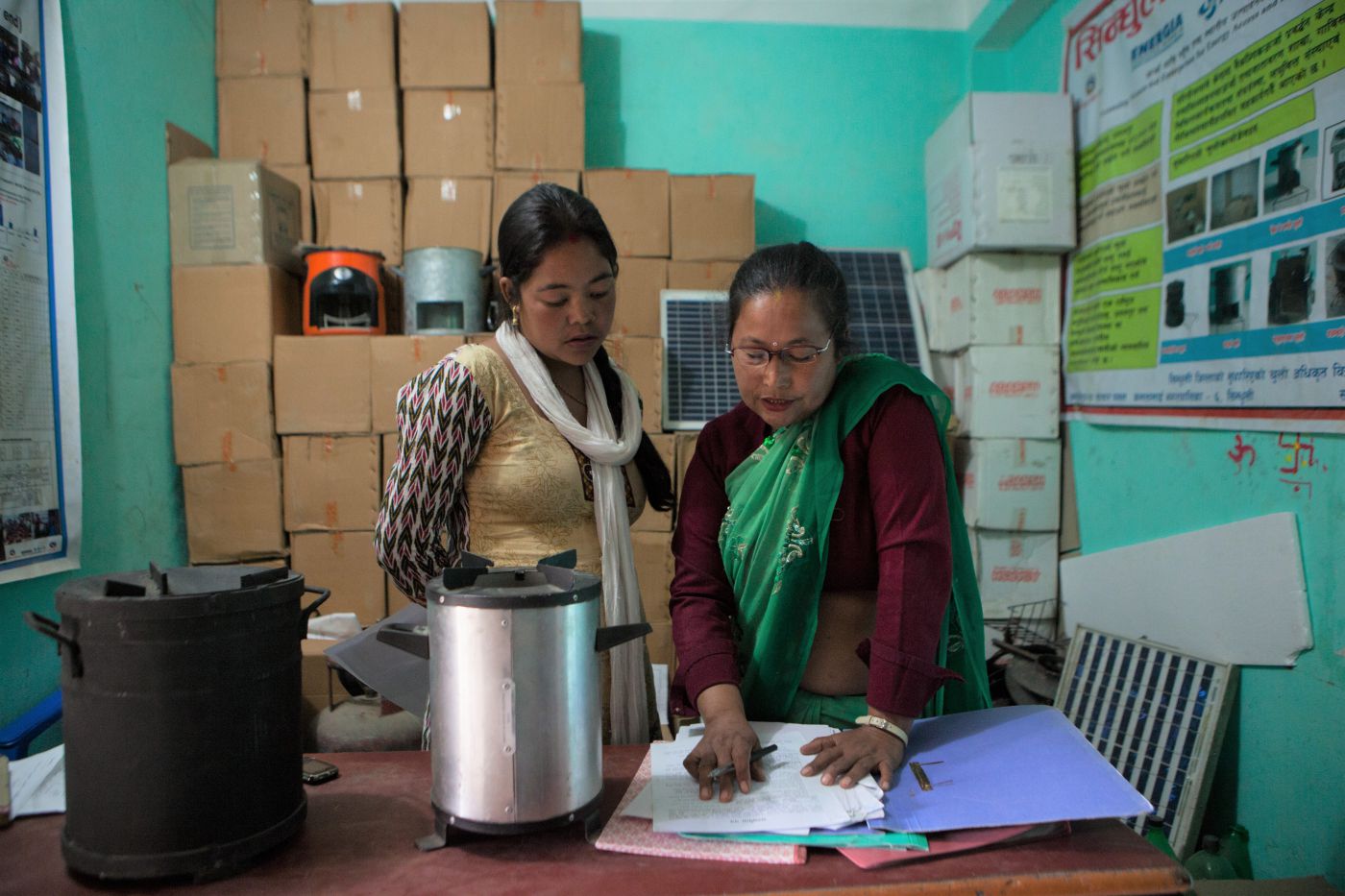
ENERGIA’s researchers on gender and energy share their key findings so far
“The same energy service may affect men and women in different ways, with different social or economic outcomes,” said Joy Clancy, Professor in Development Studies at the University of Twente, who is the Principal Researcher for ENERGIA’s Gender and Energy Research Programme. “However,” she continued, “there is little independent and empirical evidence of these differentiated…
-
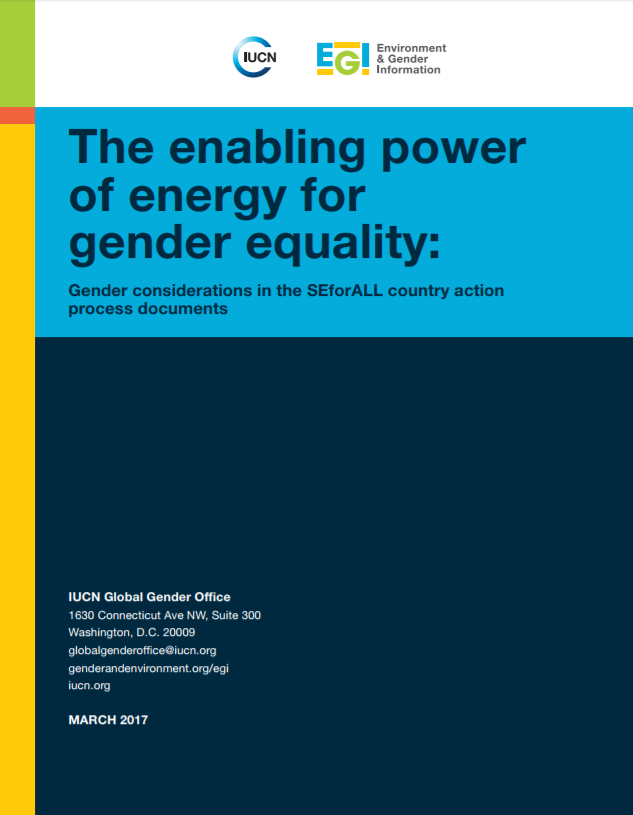
The enabling power of energy for gender equality: Gender considerations in the SEforALL country action process documents
This assessment aims to identify and understand the degree to which gender considerations are addressed in the three types of documents prepared as part of the SEforALL country action process: rapid assessment and gap analyses (RAGAs), action agendas (AAs) and investment prospectuses (IPs). Findings offer insights into the ways that governments recognize gender considerations in…
-
Policy Brief: What we know so far and policy considerations
Energy policy is usually gender-blind. This makes it harder to achieve SDG targets relating to gender equality and sustainable energy access for all. The Gender and Energy Research Programme is helping to build the knowledge that countries need in order to develop and reform their energy sectors in a more gender-sensitive way. Energy interventions affect…
-
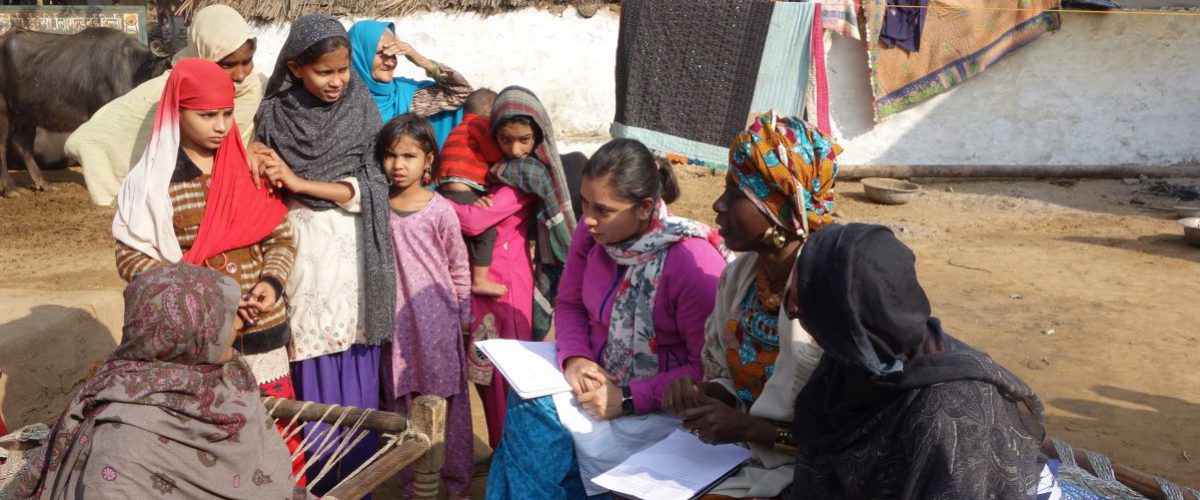
“What do women want?” Understanding the energy needs of women and girls
By Shukri Abdulkadir, ENERGIA Programme Officer “What do women want?” It was this age-old question that formed the central focus of the International Workshop on Gender and Energy, held on December 12, 2016 and the subsequent annual Gender and Energy Research Programme meeting. The international workshop presented a host of insights on energy and empowerment from…
-
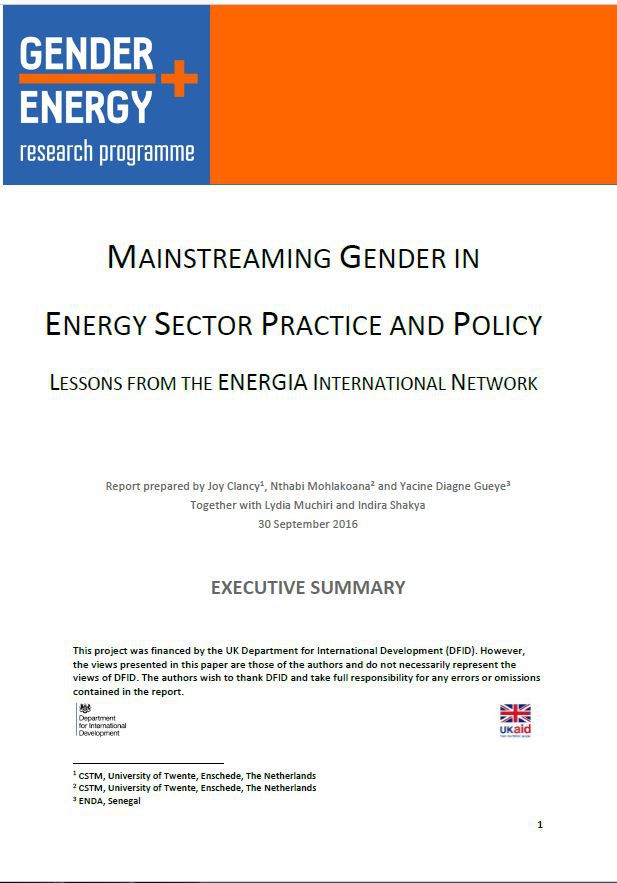
Mainstreaming gender in energy sector policy and practice_EXECUTIVE SUMMARY
The ENERGIA network has for more than twenty years been building a substantial body of experience with approaches to gender mainstreaming in the energy sector. There is a need to document this experience in a systematic way that can be used to inform future work of ENERGIA, the network members and partners, and most importantly,…
-
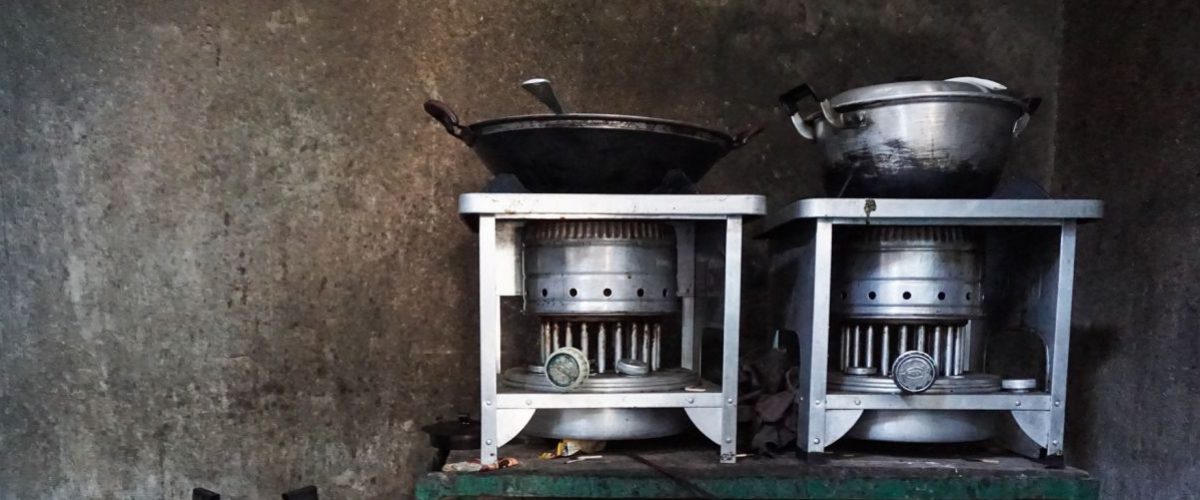
Gender and Energy Research Programme – DFID perspectives
Full article By Alistair Wray Modern energy services are crucial for poor people, especially women and girls, in improving wellbeing, accessing social services and promoting productive employment. Girls and women’s opportunities are often the most constrained by a lack of light and power – with direct implications for movement at night, personal safety, education and…
-
Female microenterprise creation, gender and welfare impacts, and business models for low-cost off-grid renewable energy: Multiple randomised experiments
Globally, 1.3 billion are without modern power, and grid expansion is not expected to keep pace with population growth. The viability of most enterprises for renewable lighting has been severely limited by pricing of products and financing mechanisms available. Behavioural aspects such as inconvenience associated with use represent further barriers to uptake and use of…

